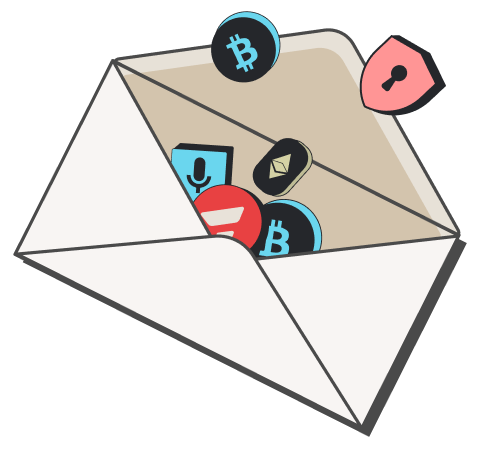A Decentralized Autonomous Organization (better known as a DAO) is a new kind of organization that runs on code, not people in corner offices. Instead of having a CEO or board calling the shots, DAOs follow transparent rules written into smart contracts on a blockchain. Those rules determine how decisions are made, how money moves, and how members participate.
Why would someone create a DAO? There are a few key reasons: to pool funds for a shared purpose, to manage financial operations without a centralized authority, or to give a community full control over the direction of a project. Members typically use tokens to vote on proposals: whether that’s how to allocate funding, which initiatives to support, or how to update the rules themselves. Once a vote passes, the smart contract executes the decision automatically, without needing a middleman.
DAOs are being used today for everything from open-source software projects and DeFi protocols to collective art purchases, scientific research, and nonprofit fundraising. Some are even experimenting with running media companies, venture funds, and grant programs entirely on-chain.
So, why should policymakers pay attention? Because DAOs challenge traditional definitions of governance, liability, and legal recognition. Who’s responsible when there’s no CEO? How do you regulate an organization with no headquarters, no hierarchy, and no borders? What rights do token holders have, and how do you prevent exploitation or manipulation in this model?
DAOs sit right at the intersection of innovation and public policy. They offer a new model for organizing people and capital, but they also raise urgent questions about oversight, inclusion, and accountability in the digital age. If governance is going autonomous, the rules we create to protect the public need to evolve with it.
